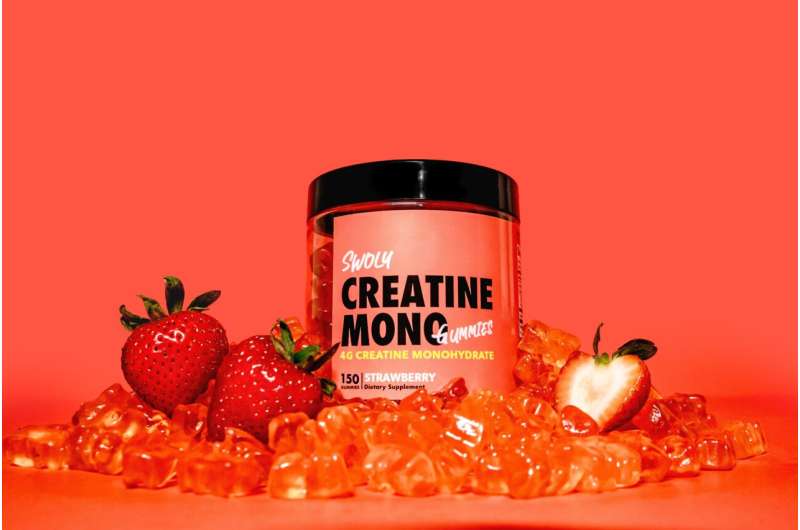The Creatine Boom: Exploring Trends and Facts About Supplement Use

Discover the latest insights into creatine supplementation, its benefits for muscle performance, safety profile, and growing popularity among fitness enthusiasts and athletes worldwide.
Creatine supplementation has become increasingly popular among individuals aiming to enhance muscle size and athletic performance. While creatine is not a new discovery—research dating back to the 1830s—it has experienced a surge in popularity, expanding from its traditional use among bodybuilders and athletes to broader clinical applications and health benefits.
Today, creatine stands as one of the most extensively studied dietary supplements, with ongoing research supporting its role in delivering consistent results related to bodybuilding, fitness, and overall health. Naturally occurring in foods like red meat and seafood, and produced by the body, creatine's popularity has grown significantly, especially among young men seeking to increase muscle mass and strength.
Multiple meta-analyses have demonstrated that creatine supplementation, particularly when combined with resistance training, can significantly improve muscle properties such as power, strength, and endurance. It helps to maintain energy levels during high-intensity, short-duration exercises like weight lifting. This effectiveness, combined with its affordability and wide availability in forms like capsules, powders, and gummies, has contributed to its mainstream adoption.
From a physiological standpoint, once ingested, most creatine is stored in muscles as phosphocreatine, which aids in replenishing ATP—the body's primary energy molecule—especially during intense physical activity. Beyond its benefits for muscle performance, research indicates that creatine also positively influences glucose metabolism, blood flow, inflammation reduction, and cognitive functions.
Dosage recommendations vary, but commonly, about five grams daily or a personalized amount based on body weight (around 0.1 grams per kilogram) has been shown to be safe and effective. Given the difficulty of obtaining sufficient creatine through diet alone—requiring consumption of large quantities of beef or pork—supplements present a practical and cost-effective alternative.
The safety profile of creatine has been well established, with major health organizations indicating no greater adverse effects compared to placebo when used within recommended dosages. Some myths and misconceptions exist—such as water retention, hair loss, and dehydration—that have largely been disproved by scientific evidence.
While creatine's impact is notable, it is most effective when paired with resistance training, which amplifies muscle growth and performance benefits. Nonetheless, individuals can achieve muscle and health improvements through a balanced diet, personalized exercise programs, sufficient rest, and stress management without supplementation.
In summary, creatine continues to be a popular, safe, and cost-effective supplement for those seeking to boost muscle strength and overall performance. Its broad range of benefits, backed by extensive research, makes it a valuable addition to a healthy lifestyle for many individuals.
Stay Updated with Mia's Feed
Get the latest health & wellness insights delivered straight to your inbox.
Related Articles
'Active breaks' to Fight Sedentary Lifestyle Risks: What Exercise Is Most Effective?
Learn how short, frequent active breaks and targeted exercises can reduce health risks associated with sedentary lifestyles and improve overall well-being.
Dopamine and Noradrenaline Play Key Roles in Hippocampal Activation During Light Exercise
Discover how light exercise stimulates the brain's hippocampus through dopamine and noradrenaline, enhancing memory and brain plasticity based on recent research.
The Role of Physical Education in Enhancing Kids' Cognitive Development and Academic Success
Physical education significantly enhances children's cognitive development and academic performance through high-intensity and outdoor activities, emphasizing its vital role in school curricula.
Young People's Physical Fitness Declines Linked to the COVID-19 Pandemic
Recent research shows that the COVID-19 pandemic significantly decreased physical fitness levels among youth, underscoring the importance of promoting physical activity during disruptions to support health and well-being.



